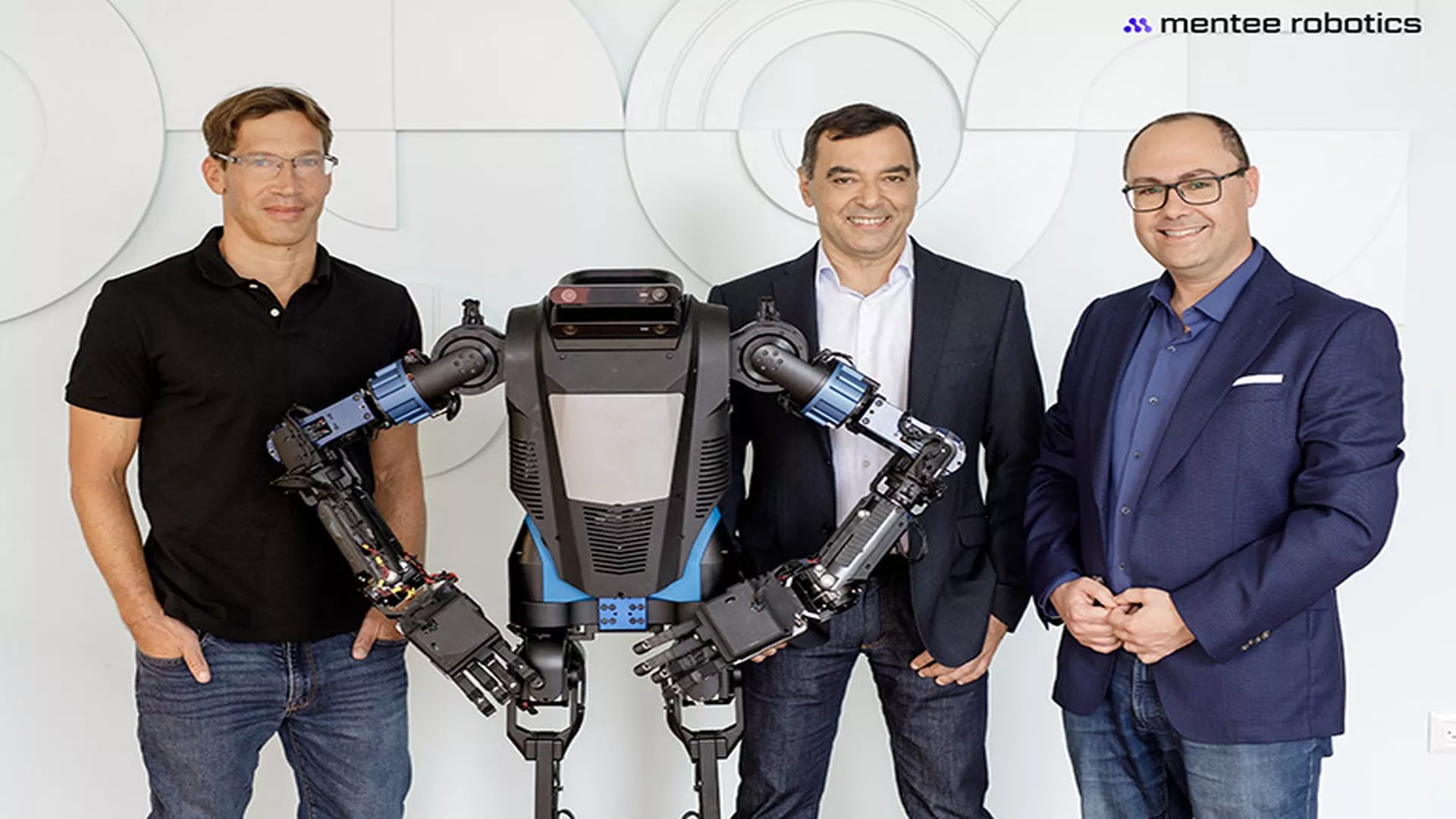By : Franyi Sarmiento, Ph.D., Inspenet, May 17, 2022
The pandemic caused the growth of an ecosystem of options for those seeking to train and complement their education.
Covid-19 forced educational institutions to move to the digital environment, and although this change has been full of challenges, it is something that is long overdue. Due to the Fourth Industrial Revolution, the demand for digital skills has been on the rise, especially due to the rise of artificial intelligence and automation.





Thanks to social distancing and lockdowns, much of the workforce has been drawn into an online ecosystem. For example, the hiring processes were also digitized, since the application, selection and interview process is carried out, for the most part, on digital platforms, due to the closure of corporate offices. This promoted practices like talent screening, pre-screening, and even simulation-based hiring where they perform tasks that applicants will have on the job, if they get one.
Furthermore, due to the global demand for retraining, lifelong learning is key not only to finding a job, but also to keeping it. This is why there has been a boom in flexible digital learning offerings. Coursera reported earlier this month that there was a 38% growth in revenue, driven by the glare of earning entry-level professional certificates. In addition, there was an increase of about 75% in microcredentials granted by companies, industry associations and other non-institutional providers.
Although the demands for digital skills are getting stronger in the job market, alternative credentials still generate debate. When microcredentials, such as coding bootcamps, are a complement to institutional education, then they are welcome.
But with the forced shift to remote work, more and more employers are adopting hiring strategies that consider skills and abilities more than a college degree, opening up the possibility of getting a better job for those who can’t afford college, but yes online courses. This last point is especially significant for the 37% of adult students, that is, those over the age of 25, who had to abandon their dreams of obtaining a university degree due to the pandemic. Having access to digital credentials is not only convenient for them because of the price, something that is not always the problem, but also because it allows them to continue working and take care of their family.
Sean R. Gallagher, executive director of the Center for the Future of Higher Education and Talent Strategy at Northeastern University, estimates that half of employers in the United States are investigating competency-based hiring approaches or are already doing so, as is the case of companies like Apple, Netlfix, IBM and Google.
Some jobs are experimenting with alternatives to traditional postsecondary education options, offering credentials related to the most valued skills in the workforce. According to an analysis by the Strada Education Network, one in ten people surveyed obtained some type of credential through a company.
These kinds of alternatives offer an ever-increasing range of digital options for adult learners. Although alternative credentials remain a developing area, for those who were unable to earn a professional degree, they may be their only option for growth in an ever-changing job market. Both employers and educational leaders need to monitor and analyze these alternatives to offer a more versatile ecosystem of options.
Inspenet graduates are your best option in terms of cost, time and training, providing you with tools, knowledge and skills. We invite you to learn about our graduates here: https://inspenet.com/elearning/
This material was edited by Inspenet for clarity, style and length.
Source: Observatory of Educational Innovation of the Monterrey Institute of Technology and Higher Education, author Paulette Delgado, entitled: “COVID-19 is accelerating the creation of options for adult students.” Under a Creative Commons Attribution 4.0 International license. Link: https://observatorio.tec.mx/edu-news/estudiantes-adultos













